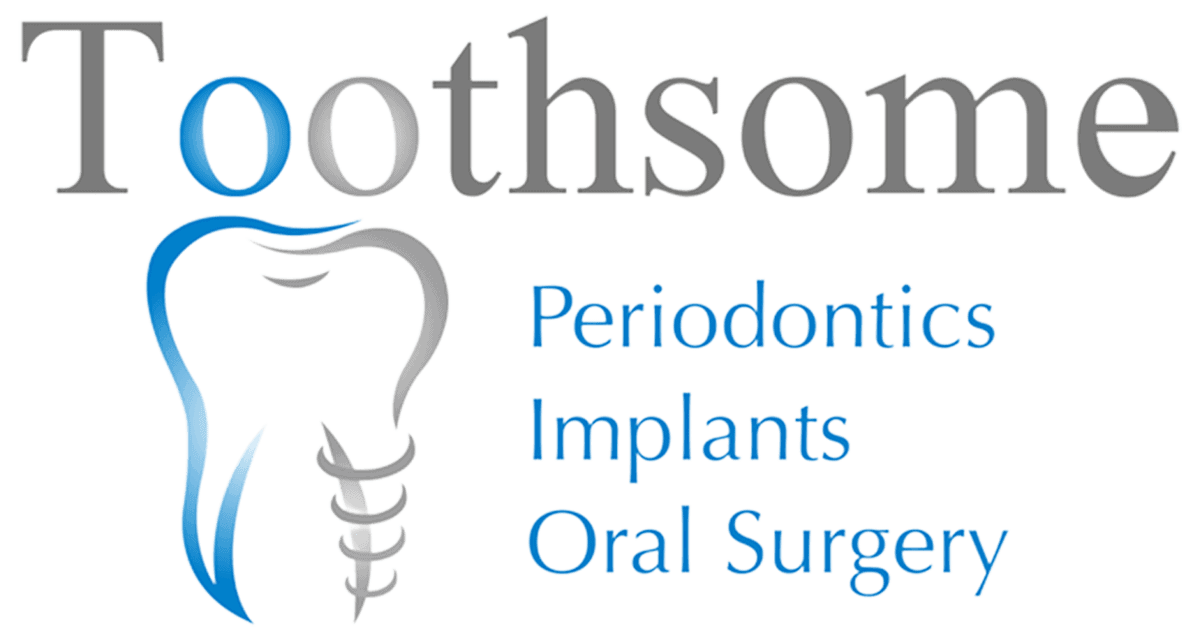
Periodontal disease is a condition that affects the tissues supporting your teeth. It can lead to tooth loss if not treated in time, so it is best to be aware of the signs and seek treatment as soon as possible.
What is periodontal disease?
Periodontal disease, or gum disease, is an advanced gum condition that affects the gum tissue and bones in and around the teeth. People at greater risk of gum disease can be those with a family history of it, smokers, diabetics, patients taking certain medications and those who do not brush and floss regularly.
Types of periodontal disease

Periodontal disease is typically divided into two types—gingivitis and periodontitis. Gingivitis is an early form of gum or periodontal disease that does not involve any bone loss or attachment of gum tissue to teeth. It is caused by bacteria in plaque buildup along the gum line and can be reversed with a professional cleaning and good oral hygiene practices.
On the other hand, periodontitis is an advanced form of periodontal disease that involves inflammation, infection, loss of bone, and eventual loss of teeth if left untreated. This type of periodontal disease is caused by toxin-producing bacteria in plaque buildup around the teeth and cannot be reversed without professional treatment.
What are the symptoms of periodontal disease?
Bleeding gums
One of the most common signs of periodontal disease is bleeding gums. If you observe that your gums are bleeding when you brush or floss your teeth, it could be an indication that you have gum disease. However, this could also be caused by something as simple as brushing too hard, so it’s important to have your dentist check for any signs of gum disease.
Receding gums
Another symptom of periodontal disease is gum recession. This occurs when the tissue around your teeth starts to pull away from the tooth root, exposing more and more surface area and making your teeth appear longer than they should be. This can be accompanied by sensitivity in those areas due to increased exposure to hot and cold temperatures.
Bad breath
Bad breath (halitosis) can be a sign of periodontal disease since bacteria accumulate in pockets between your teeth and gums where brushing may not reach. The buildup causes a foul odour that won’t go away until treated properly with professional care. In addition to bad breath, this accumulation can also cause plaque buildup on your teeth, leading to cavities and other serious dental problems if left untreated.
Symptoms of periodontal disease can also include red and swollen gums and loose teeth due to gum inflammation.
Causes of periodontal disease
Bacteria in plaque
The primary cause of the periodontal disease is bacteria found in plaque, which is a sticky film composed of saliva and food debris that builds up on the teeth over time. As plaque accumulates, it hardens and turns into tartar (or calculus), which can spread below the gum line if it isn’t removed by brushing or flossing regularly. Once tartar has formed around the teeth, and below the gums, harmful bacteria can grow and spread, causing inflammation of the gum tissue, known as gingivitis. If left untreated, this inflammation can spread throughout the gums and jawbone, eventually leading to periodontal disease.
Genetics
In some instances, genetics may play a role in how susceptible someone is to developing periodontal disease. While everyone should practise good oral hygiene habits for optimal dental health, individuals with certain genetic traits may be more prone to developing gum disease than others. For example, people with certain connective tissue disorders like Ehlers-Danlos syndrome or Marfan’s syndrome may be at a higher risk for developing periodontal issues due to their weaker supportive tissues in the mouth. Additionally, those with autoimmune diseases such as Crohn’s disease may have elevated levels of inflammation that can increase their risk for periodontal problems.
Other factors
In addition to bacteria and genetics, there are other factors that can contribute to periodontal diseases, such as smoking or using tobacco products; diabetes; certain medications; poor nutrition; stress; hormonal changes (such as during pregnancy); and even grinding your teeth while you sleep (known as bruxism). Additionally, some medical treatments, such as chemotherapy or radiation therapy, may weaken your body’s ability to fight off infection in your mouth, which could lead to gum problems if not properly cared for.
What are the treatment options for periodontal disease?
Here’s a look at the different treatments available for periodontal disease and how they can help you keep your teeth healthy.
Scaling and root planing
This is a non-surgical treatment where tartar and plaque are scraped away from around the gum line.

The dentist will use special instruments to “scale” or remove these deposits from the surface of your teeth. They may also need to “plane” or smooth out the rough areas on the root surfaces of your teeth where bacteria has built up.
This procedure helps reduce inflammation and allows the gums to heal properly.
Antibiotics
In some instances, antibiotics may be prescribed to reduce bacterial levels in your mouth. These antibiotics can come in a topical form, such as gels, ointments, or rinses, or they can be taken orally as pills or capsules. Antibiotics are most effective when used in combination with other treatments, such as root planing and scaling.
Surgical treatments
In advanced cases of periodontal disease, surgery may be necessary to repair the damage done by bacterial infection and restore gum tissue health. Surgical procedures used for this purpose include flap surgery, bone grafts, tissue grafts, osseous surgery, guided tissue regeneration, soft tissue grafts, sinus lifts, crown lengthening procedures, implants, and more. These surgeries are usually done under local anaesthesia but may require general anaesthesia in some cases.
Seek proper gum disease treatment right away
If you think you have periodontal disease, it is important that you seek proper diagnosis and treatment right away. Our experienced and skilled dentists can help you find the best treatment solution for your condition. We will take the time to understand your needs and provide care that is tailored to meet them. Contact us today to schedule an appointment.
- Sydney CBD on (02) 9159 3728
- Baulkham Hills on (02) 9158 6637
- Chatswood on (02) 8203 8786
Note: Any surgical or invasive procedure carries risks. Before proceeding, you should seek a second opinion from an appropriately qualified health practitioner.
References
The Association between Periodontitis and Inflammatory Bowel Disease: A Systematic Review and Meta-analysis https://www.ncbi.nlm.nih.gov/pmc/articles/PMC7981176/
Periodontal Ehlers-Danlos Syndrome
https://www.ncbi.nlm.nih.gov/books/NBK572429/ Periodontal condition in growing subjects with Marfan Syndrome: a case-control study
https://www.ncbi.nlm.nih.gov/pmc/articles/PMC6485202/



